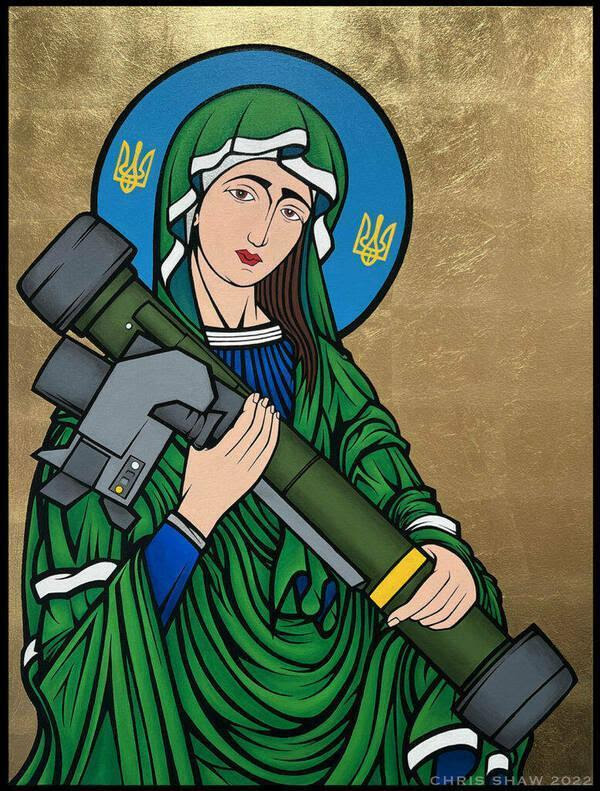Deadline: 3/31/2023
The Jack, Joseph and Morton Mandel Center for Advanced Holocaust Studies at the United States Holocaust Memorial Museum invites applications for the 2023 Jacob and Yetta Gelman International Research Workshop entitled Black Lives under Nazism. The Mandel Center will co-convene this workshop with Jacqueline Nassy Brown, Department of Anthropology, Hunter College, and Sarah Phillips Casteel, Department of English, Carleton University. The workshop is scheduled for Wednesday, June 7 through Friday, June 16, 2023, and will take place at the United States Holocaust Memorial Museum.
This workshop advances research on the neglected history of the African diaspora in wartime Europe and the experiences of Black people caught up in the genocidal campaign of the Nazis and their collaborators. This small yet diverse population included Black Europeans, African and Caribbean colonial subjects, African-American expatriates, and soldiers from Africa, the Caribbean, and the United States. Among the expatriates were a number of American jazz musicians, such as pianist Freddy Johnson and trumpeter Valaida Snow, who chose to stay in Europe when the war broke out rather than return to the segregated society they had sought to escape. Colonial soldiers, such as the Senegalese writer and statesman Léopold Senghor, and children of German colonial subjects, such as journalist and memoirist Theodor Wonja Michael, also found themselves in the clutches of the Nazi regime. Josef Nassy, an artist of African and Sephardic Jewish descent from the Dutch Caribbean colony of Suriname, was imprisoned as an enemy national in internment camps where he painted the most substantial known visual record of Black prisoners in the Nazi camp system. Their experiences of persecution—which ranged from social and legal ostracization, sterilization, forced labor, and imprisonment in camps to murder—are reflected in a diverse body of archival sources, testimonies, and artistic and literary work that offers us a window onto the wartime experiences of African diaspora people.
Continue reading “CFA: Black Lives under Nazism, Jacob and Yetta Gelman Research Workshop”

